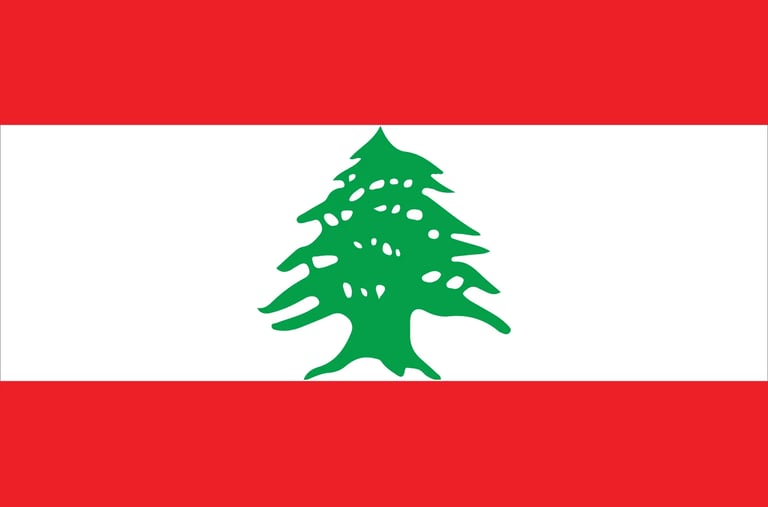Lebanon
From Wikipedia


The Republic of Lebanon, is a country in the Levant region of West Asia, bordered by Syria to the north and east, Israel to the south, and the Mediterranean Sea to the west; Cyprus lies a short distance from the country's coastline. It is at the crossroads of the Mediterranean Basin and the Arabian Peninsula. Lebanon has a population of more than five million and an area of 10,452 square kilometres (4,036 sq mi). Beirut is the country's capital and largest city.
Human civilization in Lebanon dates to 5000 BC. From 3200 to 539 BC, it was part of Phoenicia, a maritime empire that stretched the Mediterranean Basin. In 64 BC, the region became part of the Roman Empire, and later the Byzantine Empire. After the 7th century, it came under the rule of different caliphates, including the Rashidun, Umayyad and Abbasid Caliphate. The 11th century saw the establishment of Crusader states, which fell to the Ayyubids and the Mamluks, and eventually the Ottomans. Under Ottoman ruler Abdulmejid I, the first Lebanese proto-state, the Mount Lebanon Mutasarrifate, was established in the 19th century as a home for Maronite Christians, in the Tanzimat period.
After the dissolution of the Ottoman Empire following World War I, Lebanon came under the Mandate for Syria and the Lebanon, administered by France, which established Greater Lebanon. French rule weakened significantly after the German invasion of France in 1940. By 1943, Lebanon had gained independence from Free France and established a distinct form of confessionalist government, with the state's major religious groups being apportioned specific political powers. The new Lebanese state was relatively stable after independence, but this was ultimately shattered by the outbreak of the Lebanese Civil War (1975–1990). Lebanon was also subjugated by two military occupations: Syria from 1976 to 2005 and Israel from 1985 to 2000. Since the end of the conflicts, there have been extensive efforts to revive the economy and rebuild national infrastructure.
Lebanon is a developing country, ranked 112th on the Human Development Index. It has been classified as an upper-middle-income state. The Lebanese liquidity crisis, coupled with nationwide corruption and disasters such as the 2020 Beirut explosion, precipitated the collapse of Lebanon's currency and fomented political instability, widespread resource shortages, and high unemployment and poverty. The World Bank has defined Lebanon's economic crisis as one of the world's worst since the 19th century. Despite the country's small size, Lebanese culture is renowned both in the Arab world and globally, powered primarily by the Lebanese diaspora. Lebanon is a founding member of the United Nations and of the Arab League, and is a member of the Non-Aligned Movement, the Organization of Islamic Cooperation, the Organisation internationale de la Francophonie, and the Group of 77.
Nassouh GSPI
Assessing global strength through various metrics.
contact us
gspi@nassouh.com
© 2025. Nassouh, All rights reserved.
